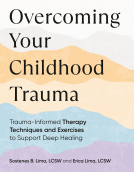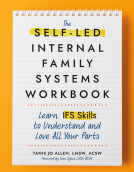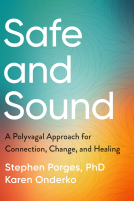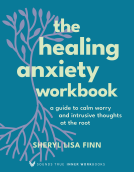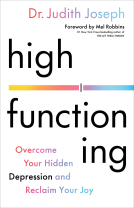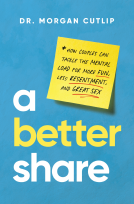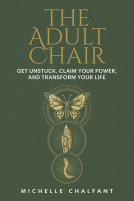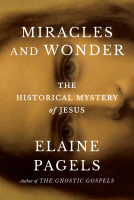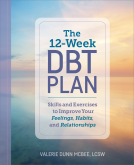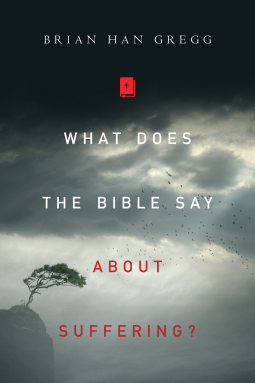
What Does the Bible Say About Suffering?
by Brian Han Gregg
This title was previously available on NetGalley and is now archived.
Send NetGalley books directly to your Kindle or Kindle app
1
To read on a Kindle or Kindle app, please add kindle@netgalley.com as an approved email address to receive files in your Amazon account. Click here for step-by-step instructions.
2
Also find your Kindle email address within your Amazon account, and enter it here.
Pub Date Sep 05 2016 | Archive Date Sep 19 2016
InterVarsity Press | IVP Academic
Description
People often treat Scripture like a manual, looking for a single clear response that explains the presence of evil and suffering. Brian Han Gregg thinks we should take a different approach.
The Bible does not have one but many responses to suffering. To pick out one theme is to hear the sopranos but miss the choir. We need to listen to the whole biblical narrative to appreciate its multifaceted handling of the problem.
What Does the Bible Say About Suffering? explores twelve themes related to the issue of human suffering and reflects on what we can learn from the diversity of the biblical witness. Readable and informed by biblical scholarship, this book is a timely resource for students, small groups and anyone looking for a fresh approach to a topic of perennial interest.
Advance Praise
--Richard Rice, author of Suffering and the Search for Meaning
Available Editions
| EDITION | Other Format |
| ISBN | 9780830851454 |
| PRICE | $20.00 (USD) |
Featured Reviews
 Jan K, Reviewer
Jan K, Reviewer
In What does the Bible say about Suffering? Brian Han Gregg refuses to trumpet a single correct response to a universal struggle. The Bible's web of possibilities, some mutually exclusive, are ultimately a complex harmony of voices but can be cacophonous. He insists we also enter the choir with the voice we are given, and gently guides us with practical wisdom through the twelve approaches he outlines.
By including Biblical passages Gregg makes his book easy to read without Bible or study aides. Rather than reading from cover to cover, he suggests choosing one or two approaches and reflecting deeply and personally -- no easy answers, and no judging of others.
Perhaps Job is your point of entry. Job is able to voice the torments of his heart and finally accept the mystery. Where others hear only a rebuke from God, Gregg's focus is on a God who does not remain distant, but makes himself known.
Or Joseph who is sold into slavery by his brothers yet through great pain his character is established and the circle of love is completed. God used evil for good. According to Gregg, we may not see this -- yet -- but we can imagine the possibility.
Or Peter and the lesson of fighting back against our weaknesses and facing challenges. Peter in Luke 22 after great self-confidence finds he has utterly failed and ran away when challenged rather than fighting evil. Yet his failure even when he was most needed by Christ becomes his strength.
Gregg has a chapter on eschatology that begins with the Maccabees. He also weaves this larger picture into his other chapters. The Bible is not hermetically sealed off from the cultures and the history of the world.
Romans 8 puts suffering in perspective: the creation itself waits for God to finish what was initiated in the death and resurrection of his Son. The entire cosmos holds its breath in anticipation of the coming glory by which suffering will pale in comparison.
I found healing just from shifting my gaze away from my own need toward God's presence, then to a larger vision, and then beyond that to how I could be of service to others. According to Gregg, God is present in our suffering but also, since we are free of fear, we can follow Jesus into a shared suffering.
This book is scholarly and content-rich as well as devotional and inspirational. I would even suggest this book to non-believers or agnostics. Knowing what the Bible says about suffering should be part of anyone's education. Glib answers and superficial caricatures are challenged. This book turns our attention to the best wisdom and deepest truth in the face of the worst evil and suffering possible.
But don't wait for a crisis before reading Brian Han Gregg's work. Each of his 12 approaches to suffering demands the full cost of time and commitment to understand. As he says, "scripture does in no way turn a blind eye to the universal problem of suffering," though only through our suffering can we translate its truths into life.
We are in a time where people are frantically looking out into the world and find themselves shouting out anxiously “Why Lord?”. Some continue to cry out, while some over time not only lose their voice but lose their faith. Brian Han Gregg’s “What Does the Bible Say About Suffering” is a timely work chock full of wisdom and biblical revelation concerning the topic of suffering. Gregg’s book discusses and answers important questions, in a multifaceted manner, subtopics such as God’s role, our role, the Devil’s role, and a multitude of other dynamics under the umbrella of suffering. Whether you’re a pastor, counselor, lay person, saint, seeker, and everything in between, I guarantee this book will be a valuable asset in forming your theology of suffering and your overall understanding of God and the life of faith.
 Kyle R, Reviewer
Kyle R, Reviewer
Suffering is the direct outcome of a just God administering justice. He is a God of grace who seeks to restore and redeem His wayward creations. Suffering is a universal concept throughout the world. It does not discriminate in regards to race, socioeconomic status, or faith. To successfully deal with suffering you must turn to the Word, beginning and ending with biblical witness. Discernment is necessary every step of the way.
This book presents twelve biblical approaches to suffering. Each chapter contains a verse followed by reflections pertaining to the verse. This layout helps to keep the text grounded in the scripture. The author also uses real world examples in the reflections portions thay relate to the given scripture. One example deals with the history and writings of Martin Luther King, Jr. The conclusion of the book provides a short summary of each chapter so that the reader can quickly reference a specific verse or topic relating to suffering.
I would recommend this book to all Christians. Justice and suffering is not based on favoritism or any other factors. Everyone will experience suffering at some point t n their lives. This book equips you to understand and appreciate the suffering you will encounter. I received this as a free ARC from InterVarsity Press on NetGalley in exchange for an honest review.
Readers who liked this book also liked:
Sostenes B. Lima, LCSW; Erica Lima, LCSW
Health, Mind & Body, Self-Help
Tanis Allen, LMSW, ACSW
Health, Mind & Body, Self-Help
James Hollis, Ph.D.
Health, Mind & Body, Religion & Spirituality, Self-Help
Sheryl Lisa Finn, MA; Sheryl Paul
Health, Mind & Body, Science, Self-Help
